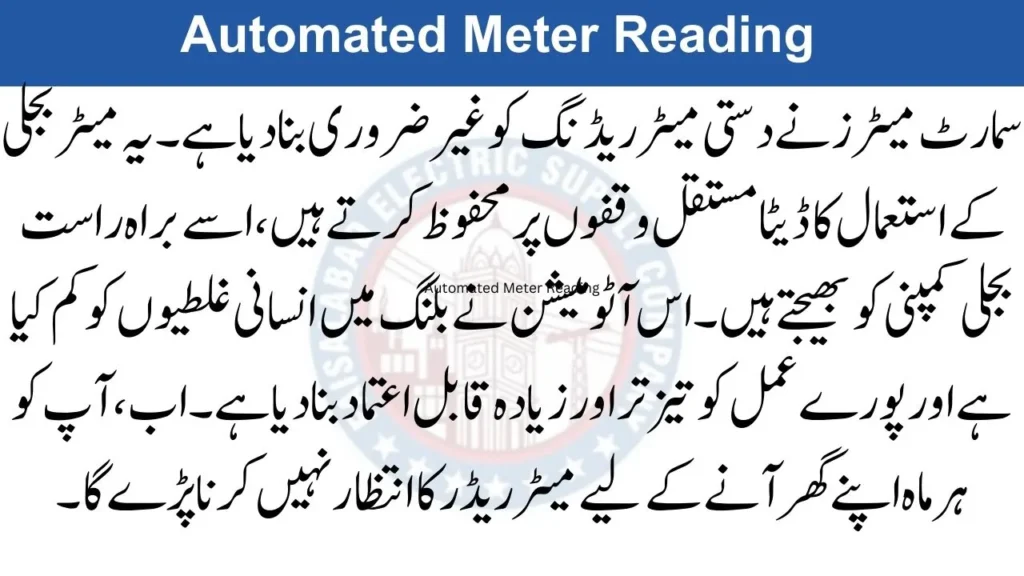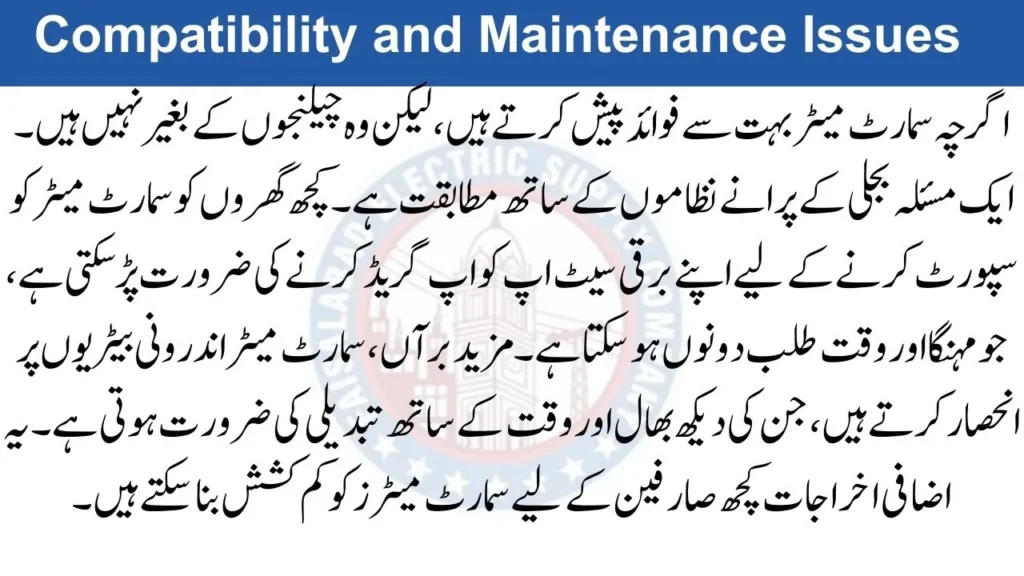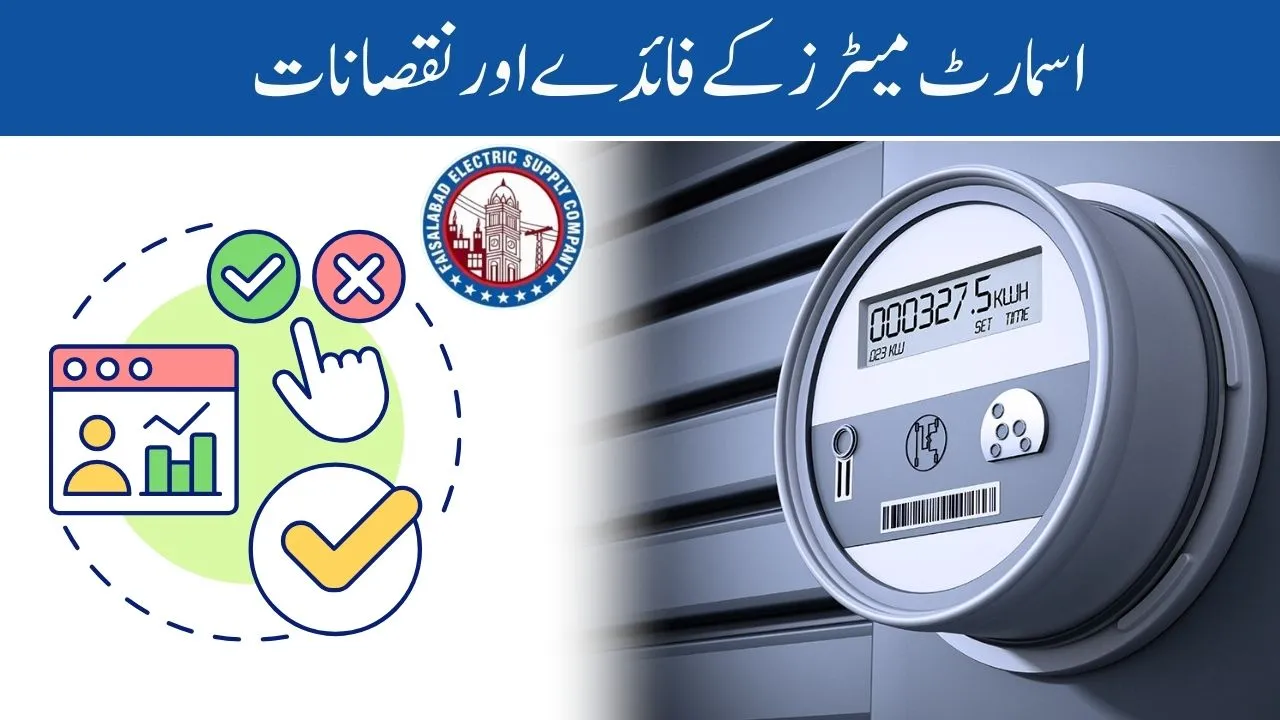If you’re dealing with issues like incorrect meter readings or high electricity bills, switching to a smart meter might seem like a good solution. Smart meters offer many benefits by providing real-time data on electricity usage, but they also come with a few challenges. In this article, we will explore both the advantages and disadvantages of smart meters to help you understand their impact on your electricity bill.
| Benefit | Explanation |
| Real-Time Monitoring | Allows users to see live energy usage. |
| Improved Accuracy | Reduces errors in billing by removing manual readings. |
| Cost Savings | Helps identify where energy is being wasted. |
| Automated Meter Reading | Eliminates the need for manual meter readings. |
Contents
Real-Time Monitoring
One of the biggest advantages of smart meters is their ability to monitor electricity usage in real-time. This means you can see exactly how much electricity you’re using at any given moment. By checking this data, you can adjust your electricity habits to save energy. For example, you can reduce usage during peak hours when electricity rates are higher. This feature helps make your electricity consumption more efficient.
Improved Accuracy
Smart meters are highly accurate because they are connected directly to the electricity company. They eliminate the need for manual meter readings, which can sometimes lead to errors. Since the data is collected automatically, it reduces the chances of getting incorrect bills. With smart meters, you can trust that the amount you’re billed for is exactly what you’ve used.

Automated Meter Reading
Smart meters have made manual meter readings unnecessary. These meters store electricity usage data at regular intervals, sending it directly to the electricity company. This automation has reduced human errors in billing and made the whole process faster and more reliable. Now, you don’t have to wait for a meter reader to visit your home each month.
- Accurate readings: No more mistakes caused by manual readings.
- Real-time data: Get instant access to your energy usage.
- Saves time: No need to wait for someone to read the meter.
- Billing accuracy: Helps avoid incorrect charges.
Cost Savings
One of the best features of smart meters is the ability to save on electricity bills. By tracking your electricity usage patterns, a smart meter can help you identify areas where energy is being wasted. For example, you might find that certain appliances use more energy than you thought. With this information, you can adjust your habits and save money on your bill each month.
Related Also: How to Pay FESCO Bill Using an ATM in 2024
Compatibility and Maintenance Issues
While smart meters offer many benefits, they are not without challenges. One issue is compatibility with older electricity systems. Some homes may need to upgrade their electrical setup to support a smart meter, which can be both costly and time-consuming. Additionally, smart meters rely on internal batteries, which require maintenance and replacement over time. These additional costs can make smart meters less appealing to some users.

Technical Failures
Smart meters depend on technology, which means they can experience technical issues. These problems might include data transmission failures, glitches, or connectivity issues. When these issues occur, they can disrupt your electricity service or cause billing problems. While the technology is improving, these failures remain a drawback of using smart meters.
Conclusion
Smart meters bring many advantages, such as real-time monitoring, improved accuracy, and cost savings. However, they also come with some disadvantages, like technical failures and compatibility challenges. By weighing the pros and cons, you can decide whether a smart meter is the right choice for managing your electricity usage. Smart meters can help you reduce waste and lower your bill, but they also require some maintenance and system upgrades in certain cases.

